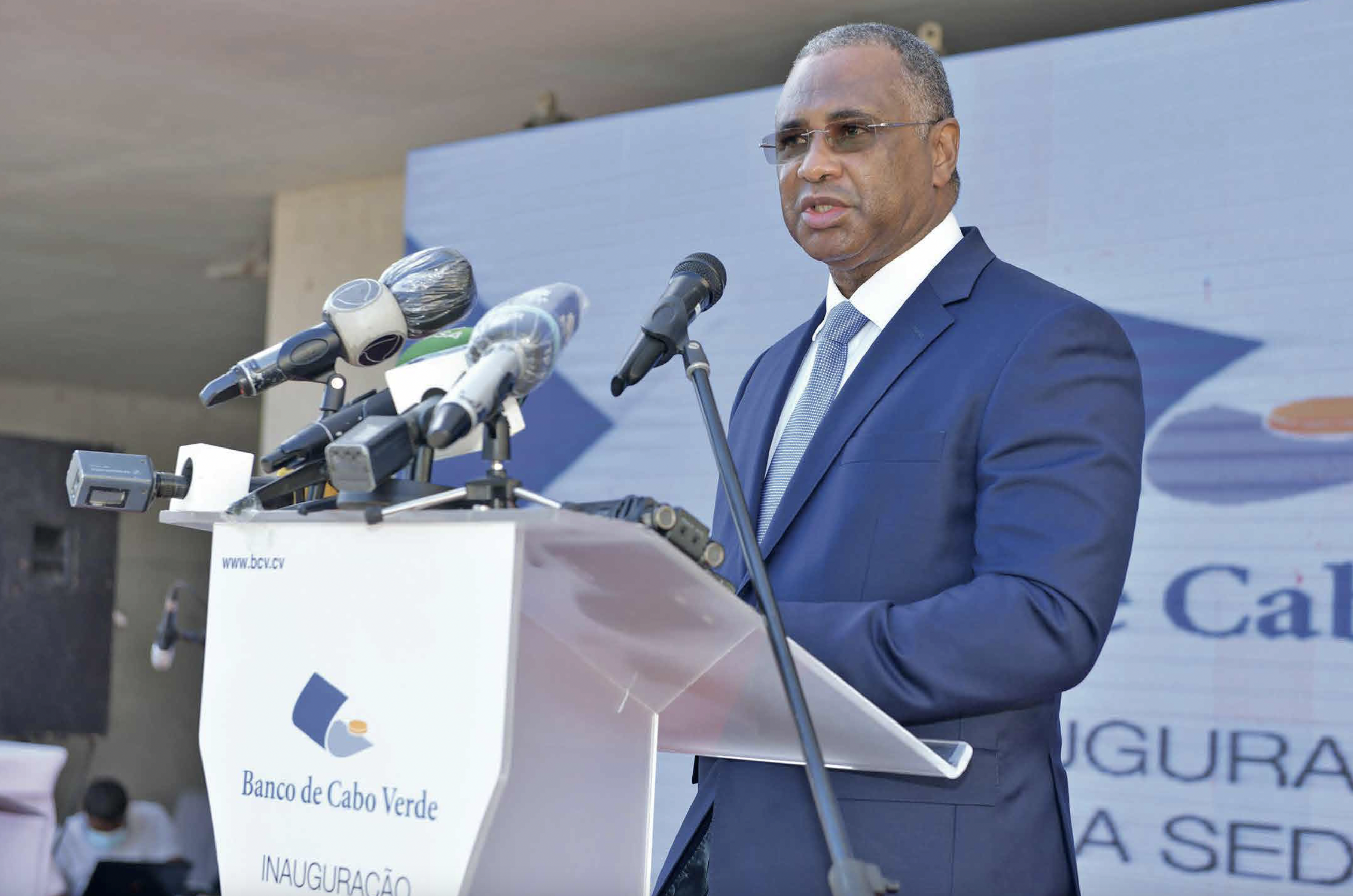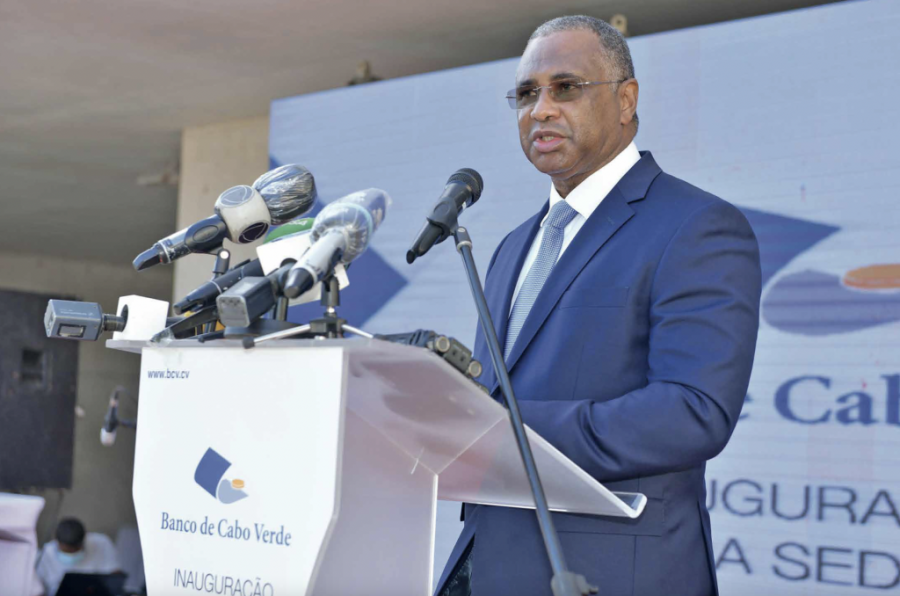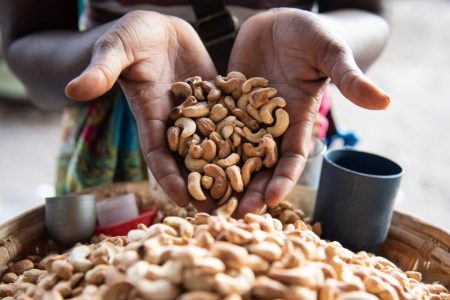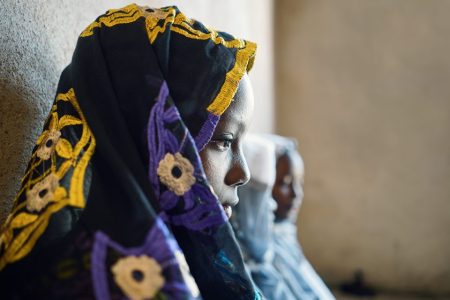The governor of Cabo Verde’s central bank has announced a doubling of the forecast for economic growth in 2022, to 8 per cent, estimating that the Gross Domestic Product (GDP) will return to the pre-pandemic level by the end of the year.
“We had no choice but to make the upward revision in view of what has happened in the accommodation, catering and transport sectors, which have seen astonishing growth. And the export of foreign currency also reflects this,” announced the governor, Óscar Santos, when presenting the central bank’s October monetary policy report in Praia.
According to the governor, “in light of macro-financial developments and indicators,” the institution now forecasts for 2022, “continuity of the process of recovery of economic activity,” translated into growth of GDP – all wealth produced in the country – of 8 per cent.
“However, for 2023, the macroeconomic outlook is less favourable, due to the effects of the conflict and geopolitical tensions on the erosion of purchasing power resulting from high inflation, as well as the uncertainty and loss of confidence of economic players, combined with the tightening of financing conditions in the main international markets. Thus, growth is expected to moderate to around 5 per cent, with estimates in the meantime that GDP will return to its pre-pandemic level by the end of 2022,” he said.
Santos added that the average annual inflation rate in Cabo Verde was expected to stand at 8 per cent in 2022, “reflecting the high prices of energy and non-energy raw materials and their transmission to domestic prices, despite the prospects of a good agricultural season,” in the country.
“Inflation is expected to fall to levels around 4.2 per cent [in 2023], reflecting the assumption of declining commodity prices in line with future price developments, in the absence of additional shocks, with global demand more contained and the easing of supply constraints and pressures on production costs,” he noted.
The archipelago is facing a deep economic and financial crisis, stemming from the sharp drop in tourism demand – a sector that normally guarantees 25 per cent of GDP – since March 2020, due to the Covid-19 pandemic.
In 2020, it recorded a historic economic recession, equivalent to 14.8 per cent of GDP, followed by a 7 per cent growth in 2021 driven by the recovery of tourism demand. For 2022, due to the economic consequences of the war in Ukraine, namely price rises, the government lowered its growth forecast from 6 per cent to 4 per cent in June.
In April, the central bank had already lowered its forecast for economic growth this year to 3.5 per cent of GDP, due to the consequences of the war and international sanctions on Russia.






